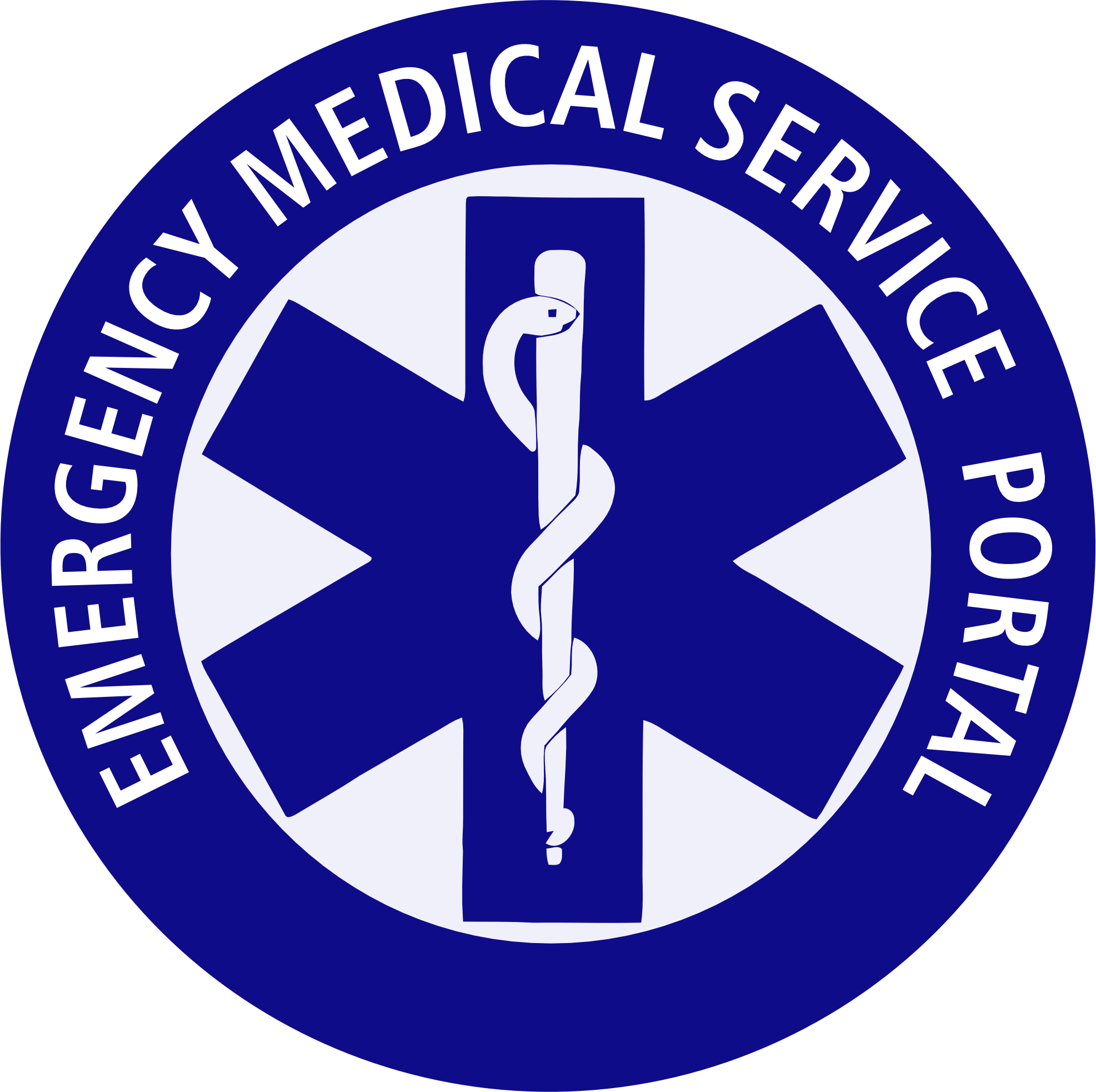Sopor je duboko stanje smanjene svijesti ili nadražljivosti, karakterizirano iznimnom pospanošću i niskom razinom svijesti. Osobu može biti teško probuditi ili komunicirati sa svojom okolinom, često su dezorijentirane i ne reagiraju na vanjske podražaje kako se očekuje.
Sopor je ozbiljan medicinski simptom i može ukazivati na značajne probleme s mozgom ili drugim organskim sustavima. Ovo stanje može biti uzrokovano traumom glave, teškim neurološkim bolestima, trovanjem, metaboličkim poremećajima ili drugim ozbiljnim zdravstvenim problemima.
Sopor zahtijeva hitnu medicinsku pažnju i procjenu kako bi se utvrdio uzrok i pružila odgovarajuća skrb. Ovisno o uzroku, liječenje sopora može uključivati hitne medicinske postupke i terapiju usmjerenu prema osnovnom stanju.
Sopor je ozbiljno stanje smanjene svijesti često opisano kao duboki san ili dezorijentacija. Sopor je ozbiljniji od pospanosti ili zbunjenosti i predstavlja jedan od stupnjeva poremećaja svijesti, smješten između budnosti i kome (potpune nesvjesti).
Evo nekoliko ključnih karakteristika sopora:
Smanjena svijest: Osoba u soporu ima značajno smanjen nivo svijesti. Mogu biti dezorijentirani i ne prepoznaju svoje okruženje ili ljude. Teškoće u buđenju: Osobe u soporu obično reagiraju s velikim teškoćama na pokušaje buđenja. Njihove oči često se otvaraju samo kao odgovor na snažne podražaje. Niska razina interakcije: Osobe u soporu rijetko komuniciraju i imaju teškoće ili ne reagiraju na vanjske podražaje poput zvuka ili dodira.
Sopor može biti uzrokovan različitim faktorima, uključujući:
Ozljede mozga: Trauma glave ili oštećenje mozga mogu dovesti do sopora.
Metabolički poremećaji: Neki metabolički poremećaji, poput teške hipoglikemije (niskog šećera u krvi) ili neravnoteže elektrolita, mogu rezultirati soporom.
Trovanje: Izloženost tvarima poput alkohola, droga ili kemikalija može uzrokovati smanjenje svijesti.
Infekcije: Teške infekcije, posebno one koje zahvaćaju središnji živčani sustav, mogu dovesti do sopora.
Neurološke bolesti: Određeni neurološki poremećaji, uključujući tumore mozga, krvarenje u mozgu ili epileptičke napadaje, mogu izazvati sopor.
Liječenje sopora zahtijeva hitnu medicinsku pažnju kako bi se utvrdio uzrok i pružila odgovarajuća terapija. To može uključivati slikovne pretrage mozga, laboratorijske testove i druge dijagnostičke postupke kako bi se utvrdili temeljni uvjeti. Liječenje će biti usmjereno prema uzroku sopora i može uključivati stabilizaciju vitalnih funkcija, kontrolu infekcije, terapiju lijekovima ili kirurške postupke, ovisno o konkretnom slučaju.

